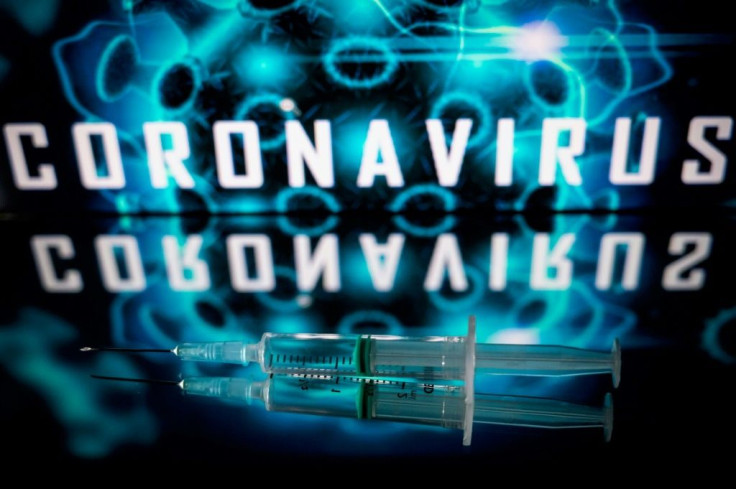Can I Get COVID-19 Twice? Doctor Explains Reinfection Risk
KEY POINTS
- A COVID-19 infection does not necessarily protect someone from reinfection because the virus mutates, doctors say
- Antibodies built from an infection "don't last very long," according to medical experts
- People who contracted the delta strain have higher rates of reinfection with the more recent omicron variant
People who contracted one strain of COVID-19 are still at risk of being infected with the virus' other variants, according to medical experts.
A coronavirus infection does not necessarily protect someone from reinfection because the antibodies the body builds do not last long and the virus mutates, Dr. Ross Goldberg with the Valleywise Health network in Arizona told 3TV/Arizona's Family.
"You build some antibodies, but they don't last very long. You can get exposed again, especially if the virus mutates and changes from the antibodies that you have," Goldberg explained.
People who contracted COVID-19's delta strain have higher rates of reinfection with the more recent omicron variant of the virus, Professor Catherine Bennett, epidemiology chair at Deakin University in Victoria, Australia, told ABC TV.
"Even if omicron doesn’t reinfect after an infection has cleared, you can still have a delta infection at a party and still be vulnerable to omicron, so it is still possible to have a reinfection," Bennett explained, according to a report by 7News.com.au.
Initial data on omicron suggested that the variant had an increased risk of reinfection among COVID-19 recoverees, but it was less likely to cause severe illnesses compared to previous strains.
The Centers for Disease Control and Prevention (CDC) said that COVID-19 reinfections were "rare," but the agency currently has no further information regarding reinfections.
However, the agency noted that "viruses are constantly changing, including the virus that causes COVID-19,” and that "these changes occur over time and can lead to the emergence of variants that may have new characteristics."
Researchers in Denmark previously discovered that reinfection rates among people over the age of 65 were higher compared to people who were younger.
It is critical that people get COVID-19 booster shots in order to have the best protection against omicron, according to Bennett.
"Really, (you should get your booster) as soon as you are completely well and (the infection) has cleared. There is no reason why you shouldn’t have it. You do want to make sure you are well over the infection, though," the doctor said.
Goldberg also said that studies show the unvaccinated reinfection rate is significantly higher than the vaccinated. He added that a COVID-19 shot will give people better protection for longer amounts of time.
The CDC maintains that current vaccines are still "effective" against omicron and that they protect people from severe illness, hospitalization and death.
Australia has reported 1,378,449 COVID-19 cases — 55,232 of which were reported in the past 24 hours, according to publicly available government data.
The U.S., meanwhile, has reported a total of 65,159,554 coronavirus cases and 847,577 COVID-19-related deaths as of Sunday, data provided by the CDC showed.

© Copyright IBTimes 2024. All rights reserved.





















